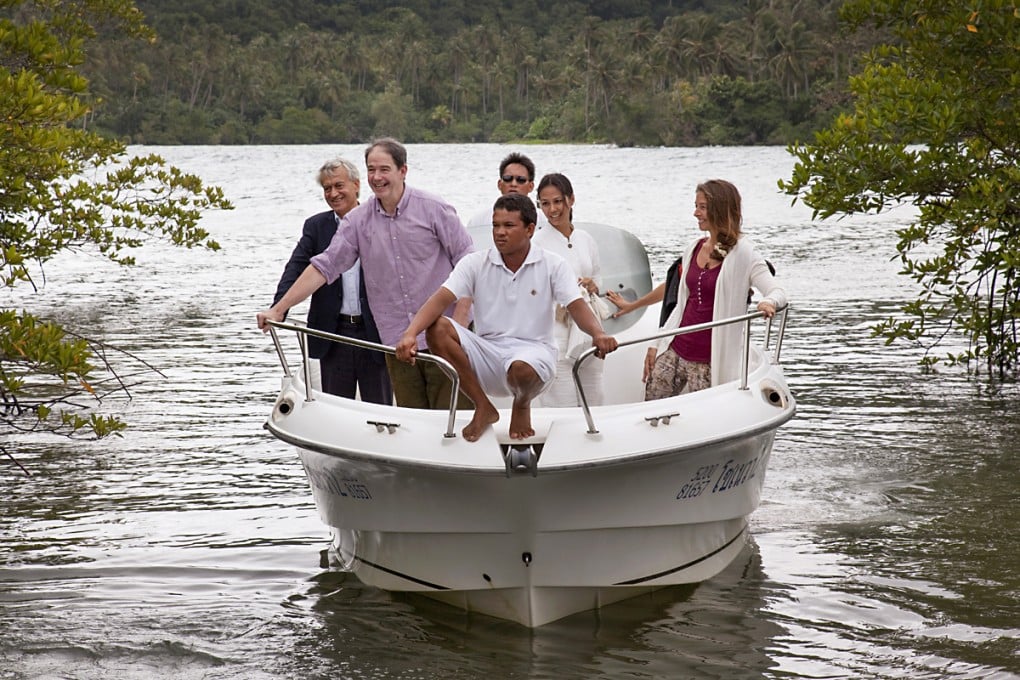It's Slow time
Heavy hitters meeting at a Thai eco-resort seek to avert environmental catastrophe by targeting and changing the mindsets of the world's most powerful people and companies, writes Jo Baker

The night is clear and black, the stars are close and the voice of Johan Rockstrom echoes around the open-air cinema of a luxury Thai resort as he describes the world's impending demise. Reclining in the shadows with pre-dinner cocktails, a motley crew of problem-solvers listens. And as the leading sustainability scientist gets to a key part of his speech - on rainfall patterns - it feels as if the Earth has decided to make a point. Without warning, the heavens open.
"I was just about to get to the good news," the Swede says, as his audience runs for cover.
It may have chosen one of the more luxurious conference spaces in the world, but try not to hold that against the Slow Life Symposium, which - in its fourth year - is threatening to become a driver of change for planetary health.
Hosted and founded by the owners of luxury resort operator Soneva Group, the meeting unites a mixed bag of about 30 environmental "stars" for three days each year. Alumni have included entrepreneurs, explorers, filmmakers, activists, scientists, politicians and economists, from Richard Branson and Fabien Cousteau to Daryl Hannah.
The "slow" format is strategic. As an eco-retreat of sorts, hostile to both phones and shoes, the gathering aims to foster friendly partnerships and creative thought via a series of meetings, multicourse meals, organic wine tastings and even snorkelling trips.
"Normally we sit around as so-called experts, speak on stage for two minutes, answer questions and leave," says British activist David de Rothschild, a participant who is perhaps best known for sailing the Pacific Ocean in a 60-foot catamaran made out of plastic bottles.
This symposium, he notes, has a somewhat different vibe.